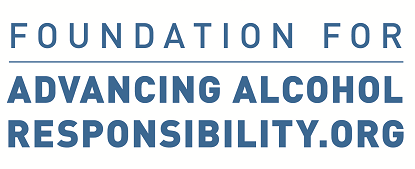Spirits producers sponsor Harvard professorship
July 27, 2015

FAAR is the new iteration of the Century Council, and an arm of the Distilled Spirits Council of the United States (DISCUS).
The endowment allows spirits producers to ride the coattails of a world-renowned, iconic, Ivy League research brand: Harvard Medical School. And it's not the first or only time Harvard and its Cambridge Health Alliance have joined with the alcohol industry. The Division on Addiction located within CHA has accepted project funding from Big Beer's Heineken as well as spirits producers. Howard Shaffer, the first awardee to this alcohol industry-endowed chair, was a lead investigator on the Heineken and spirits projects.
These funding relationships between alcohol corporations and institutions of higher education, particularly research institutions, are highly problematic and concerning. The relationships allow the alcohol industry to push its "drink responsibly" agenda with increased credibility from association with the Harvard Medical School brand. The "drink responsibly" research agenda places all of the focus and responsibility on individual drinkers to stop drinking the products which are produced and marketed to get them to keep drinking, and drink more of that product. Often research scientists with alcohol industry-endowed salaries or projects sponsored by the industry write op-eds, letters to the editor, commentaries, and articles in scientific journals without acknowledging the source of the research funding or including a statement of their conflict of interest.
If the spirits producers really wanted to "advance alcohol responsibility," they would hold themselves accountable and change their own business practices that make it more likely, and easier, for high-risk drinking and alcohol-related harm to occur. Socially responsible alcohol corporations would stop promoting and funding their own version of public health, while actively opposing the most effective policies available to reduce alcohol-related harm.
As the work from the U.S. Community Preventive Services Task Force makes clear, the cost of alcohol-related harm to states and their residents from excessive drinking is both concerning and modifiable. Costs from alcohol-related harm were more than $5.1 billion in 2006 dollars in Massachusetts - home to the new "drink responsibly" industry-endowed chair at Harvard Medical School.